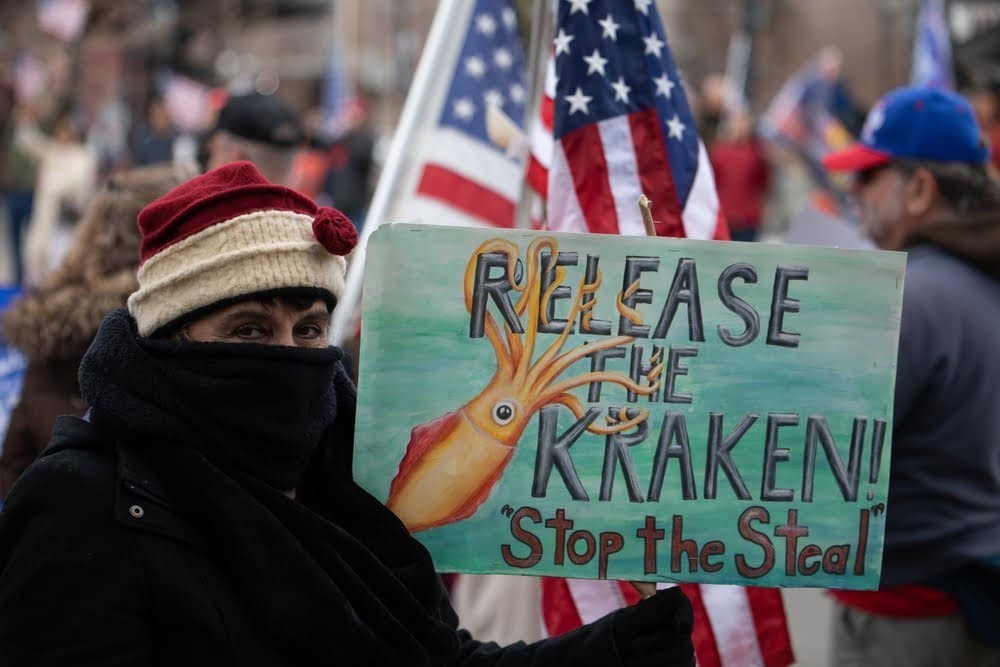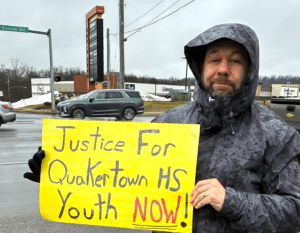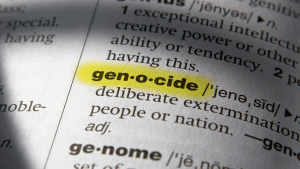The January 6th conspiracy grips America for reasons that run the gamut from deep concerns about its open threat to democracy, to often bizarre and repeatedly debunked theories still lingering on social media and courtrooms even today. When the January 6th Committee convened its hearings in June last year, it caused a sensation around the country. Media analysts noted the high television production values – crafted for the moment by a former ABC executive – but more so because an estimated 20 million Americans tuned in to watch its opening sessions. In the months that followed, the committee revealed previously unknown and disturbing depths of an active conspiracy to overturn a legally held national election.
The Impact of the January 6th Committee
The January 6th Committee report is a massive 845-page tome that we will spend years unpacking. Due diligence is what accounts for most of it. Police radio traffic revealed firearms among the crowd outside the Ellipse, where Trump encouraged the assembled to: “fight like hell.” Secret Service reports detail a brutal array of weaponry – knives, tasers, brass knuckles, and blunt instruments – confiscated from people passing through metal detectors to cheer the president. Although detailed accounts of violence were chilling enough, the degree of organization behind the riot appears much worse. Evidence unearthed by the January 6th Committee revealed dozens of local, state, and Congressional Republicans networking in a campaign to reverse a legal election. Overall, what we thought was a bad day for the country turned out to be far worse than anything we could have imagined.
Under oath, some of the loudest voices encouraging rioters to descend upon the Capitol, backtracked or outright rejected their earlier advocacy. In a deposition for the Dominion Voting Systems $1.6 billion lawsuit against Fox News, Sean Hannity denied any belief in 2020 election fraud claims despite promoting them for months on television. Ginni Thomas, wife of Supreme Court Justice Clarence Thomas, was a key behind-the-scenes actor before the riot. In the weeks following the 2020 election, she peppered officials with texts. One, sent to White House Chief of Staff Mark Meadows, exclaimed: “Help This Great President stand firm, Mark!!!…You are the leader, with him, who is standing for America’s constitutional governance at the precipice. The majority knows Biden and the Left is attempting the greatest Heist of our History.” However, when called to testify before the January 6th Committee, she offered that it was an “emotional” time and expressed her regret about sending texts.
Did the January 6th Committee Move the Needle?
Over most of 2022, pollsters maintained that the January 6th investigation had little impact on public opinion. Between June and July, the percentage of Americans who described events at the Capitol as a “riot” hovered between 64 and 65 percent, according to a Monmouth University poll. People asked if January 6th was an “insurrection” increased from 50 percent to 52 percent.
In contrast, it looked like Republicans were tracking in the opposite direction. Between June 2021 and June 2022, the number of Republicans who saw January 6th as an insurrection declined from 33 percent to just 13 percent. On the other hand, the percentage who described the event as a “legitimate protest” grew from 47 percent to 61 percent.
Donald Trump took heart from these figures. In public rallies and a constant stream of statements, he repeated a series of debunked claims about the 2020 election. In an October Texas gathering, Trump denounced the January 6th Committee and what he called for an investigation into “the cooked, stolen election.” On Dec. 3, 2022, the former president went so far as to say on his Truth Social account that: “A Massive Fraud of this type and magnitude allows for the termination of all rules, regulations, and articles, even those found in the Constitution. Our great “Founders” did not want, and would not condone, False & Fraudulent Elections!”
Candidates vested in the so-called “Big Lie” took up Trump’s thread throughout 2022. Doug Mastriano, who was present during the Capitol riot, constantly raised the issue, something that has been extensively documented in the last year. Speaking about his home state of Pennsylvania in a Dec. 28, 2020, letter to the Justice Department, Mastriano asked: “Why is the very state where the light of liberty was lit in 1776 is unable or unwilling to have elections as free and safe as war torn Afghanistan? Something is seriously wrong in this Commonwealth and unless this is corrected, our republic cannot long endure.” In Arizona, Kari Lake doubled down on the same claims. During a June 2021 Fox News interview, she flatly stated, “We had a fraudulent election, a corrupt election, and we have an illegitimate president.” She added, “There’s a mountain of evidence, and I wish that the corporate media would start covering it instead of putting their head in the sand and acting like it didn’t happen.”
Did Investigations Matter in the End?
Despite what the pollsters might have said, the short answer is yes, and the best evidence are the November election results. Election deniers at virtually every level overwhelmingly lost their contests. In Pennsylvania, this was clearly true with respect to gubernatorial candidate Doug Mastriano, who lost his run against Josh Shapiro by 56.5 percent to 41.7 percent. Failing at her own bid for governor, Kari Lake denounced the process and took her claims to court. In his decision, Judge Peter Thompson noted technical problems on election day in Arizona, but no evidence of fraud, going on further to say: “Every single witness before the Court disclaimed any personal knowledge of such misconduct. The Court cannot accept speculation or conjecture in place of clear and convincing evidence.”
The impact of January 6th conspiracies on the current Congress is blindingly obvious as I write this article. Hard-line, election-denying conspiracy theorists are running amok as the Congress convenes, openly challenging Kevin McCarthy in part because he criticized former president Trump in the aftermath of the Capitol attack before reversing course a few weeks later. One half of the Congress is effectively crippled as a result.
Trump is not politically unscathed from his relentless promotion of January 6th conspiracy theories. A Quinnipiac University poll published at the end of 2022 indicated that the favorable opinion of Trump (31 percent) among registered voters was its lowest in seven years. In contrast, 59 percent of the same group had an unfavorable opinion of him. Early polling for the 2024 race shows Florida governor Ron DeSantis running far ahead of the former president.
Lastly, and even more important to this story, are the hundreds of changes to state electoral law made after the January 6th attack. By March 2021, according to the Brennan Center for Justice, legislators in forty-seven states had introduced 361 bills curtailing voting rights. Political posturing will eventually die down and time might soften the rhetoric and see the worst conspiracy amplifiers jettisoned from the body politic. But these voting restrictions, embedded in state statutes, will be the long-term legacy of the January 6th conspiracy for years to come.







